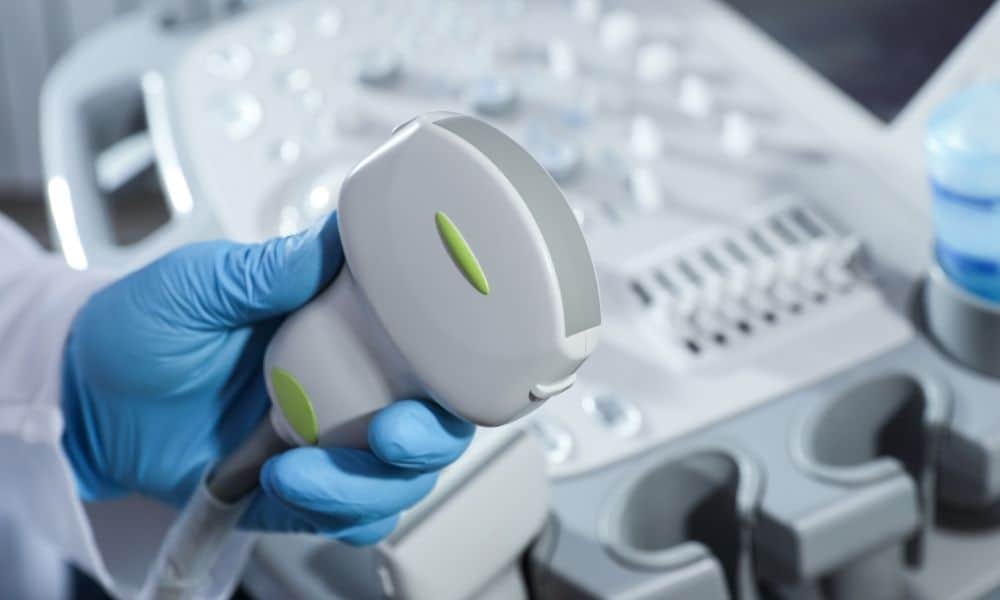When a probe is properly cared for, it produces better outcomes and becomes safer for the patient and technician. A well-maintained probe will also break and fail less often, which can save your facility money and time that could be spent elsewhere. This simple guide will outline exactly how to care for your ultrasound probes so you can keep them safe, clean, and effective.
Handle It Correctly
Correctly handling your transducer probes is an important part of caring for them. There are a few basic rules you should follow during handling. Try to keep these four most important rules in mind:
- You should keep your probes should clean and properly secured when not in use.
- Keep the probes’ cables straight. If you notice them winding up or getting tangled, you should promptly unravel them.
- Dropping or bumping your probes can cause them to break or sustain damage, such as scrapes or dents. If you’re transporting your transducers from room to room, you should keep them tucked in a hard container or hold them securely, keeping the nose away from hard objects.
- When you’re soaking your probes in the sink, make sure to disconnect them from their unit. You shouldn’t store the probes in the sink after you’ve rinsed them. If they strike the side of the sink, they could be damaged.
Clean It With Care
Another way to care for your ultrasound probes is to carefully and thoroughly clean them. You need to adequately sterilize your ultrasound probes. Depending on the transducer and its intended purpose, there are two forms of cleaning and disinfecting: low-level disinfecting and high-level disinfecting. Most probes undergo low-level disinfecting after each study, but probes that are inserted into a patient’s body need to undergo a thorough disinfecting process.
The right kind of disinfectant for your probes depends on the type of equipment you’re using. Checking directly with the manufacturer, skimming through the user manual, and reading online sources are some of the best ways to determine the kind of disinfectant you should use. You should always use the disinfectant as directed by the packaging.
Know What To Do in Worst-Case Scenarios
An ultrasound transducer that’s handled with the utmost care can still break. In cases of extreme damage or failure, you’ll need to know what to do with your broken probe. If it is experiencing minor problems, you might be able to self-repair the damaged probe. However, if the damage is beyond your level of expertise, it’s recommended that you consult a professional. Knowing when to replace or repair your probes is important. Usually, repairing your probes is a better and cheaper option, but there are cases where replacement is the only viable choice.







